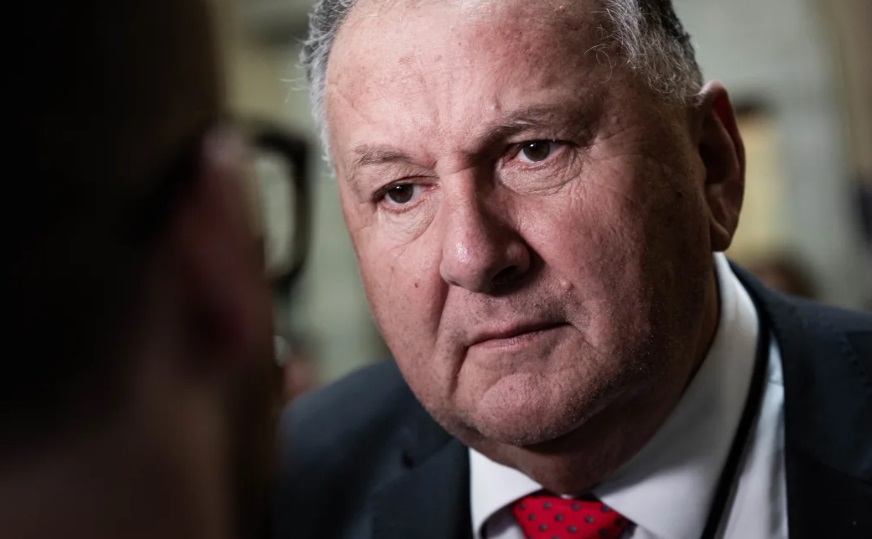
In an interview with Radio Waatea this week, Jones said he was astounded to hear Minister for Children Karen Chhour had been summoned to appear before the tribunal and provide evidence at an urgent inquiry into the repeal of Section 7aa of the Oranga Tamariki Act.
"The Waitangi Tribunal has no business running its operation like some sort of star chamber delivering peremptory summons for ministers to rock up and be either cross-examined or grilled in some type of wannabe, star chamber, American, pulp fiction gig."
Jones said the tribunal's role was to look at the effects of policy rather than its construction.
"They're interfering with democracy. They've got a very antagonistic approach as to what they see as their roots."
The minister said a review of the tribunal would begin soon.
The Māori Law Society said his comments breached the principle of the separation of powers and the Cabinet Manual.
"Minister Jones' comments directly bring into question the performance of the Waitangi Tribunal, an independent Commission of Inquiry established by legislation that serves a function akin to a court and over which a judge presides.
"The comments, which are paired with a threat of executive review of the function and purpose of the tribunal could also have a chilling effect and reflect adversely on Waitangi Tribunal decisions going forward," the letter read.
The Māori Law Society said Jones also made comments criticising the tribunal during the election campaign. The difference was that now there was a live claim before the tribunal and it had a statutory obligation to look into it.
"When making electioneering comments, Minister Jones was not then a part of the executive. Minister Jones' comments have the effect of undermining both the tribunal and its processes regarding a current case. That is not the role of the executive."
The Māori Law Society said they were seeking:
- a review by the Prime Minister and the Cabinet Office in respect of whether there has been a Cabinet Manual breach;
- that the Attorney-General Judith Collins exercise her constitutional functions to uphold the integrity of the judicial branch of government within Cabinet; and
- an attendance with the Prime Minister and Attorney-General alongside the Cabinet office to discuss this matter further.
Jones said the heyday of the Waitangi Tribunal had long passed, and in a contemporary, MMP environment, the tribunal had been struggling to stay relevant.

"It's always had this jurisdiction to look at contemporary issues and contemporary Treaty breaches of the Crown. It has done that through the duration of its life.
"I'd reject that there was a heyday. They've always done it and they continue to do it. Given the winding up of historical stuff there seems to be an increasing focus on contemporary breach issues."
Coates said there was a growing trend of critiquing not only the Waitangi Tribunal but the judiciary more broadly.
"Confidence in the judiciary is vital to the basic functioning of our legal system. It is inappropriate for one of the key powers in our society to be critiquing the courts. People need to trust the courts. Its integrity is vital."












